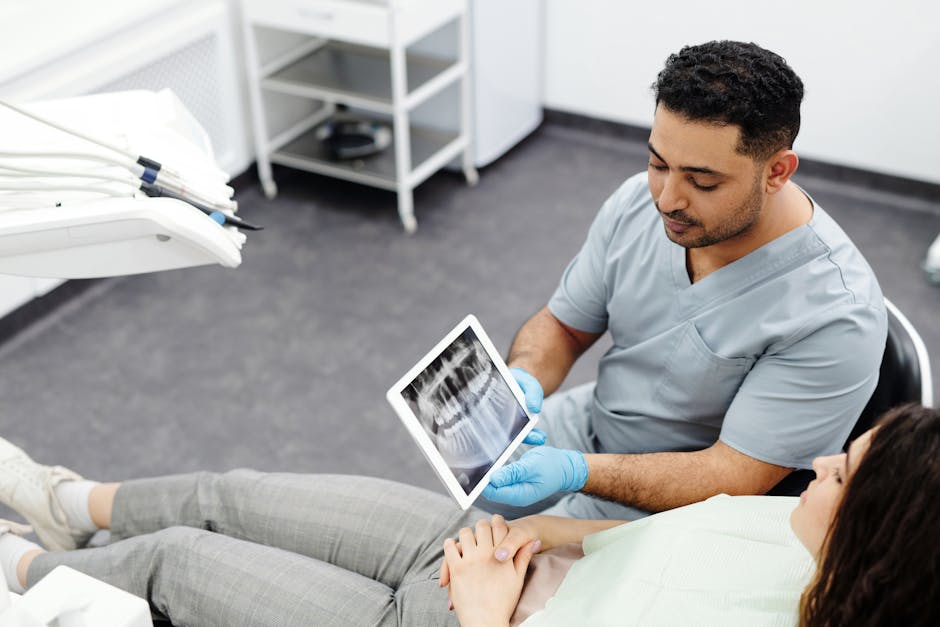
Oral cancer is a serious health issue that can significantly impact an individual’s quality of life. Awareness of the risks and symptoms associated with this disease is crucial for early detection and effective treatment. By understanding what to look for and the importance of regular check-ups, individuals can take proactive steps toward their oral health.
Understanding Oral Cancer: Risks and Symptoms
Oral cancer can develop in any part of the mouth, including the lips, tongue, cheeks, and throat. Risk factors for oral cancer include tobacco use, excessive alcohol consumption, prolonged sun exposure to the lips, and certain viral infections such as human papillomavirus (HPV). Symptoms may vary but often include:
- Persistent sores or ulcers in the mouth that do not heal
- White or red patches on the gums, tongue, or lining of the mouth
- Difficulty swallowing or chewing
- Unexplained numbness or pain in the mouth
- A lump in the neck or persistent hoarseness
Recognizing these symptoms early is vital, as it can lead to timely intervention and increase the chances of successful treatment.
The Importance of Regular oral cancer screenings
Regular oral cancer screenings play a fundamental role in detecting the disease at an early stage when it is most treatable. These screenings are typically performed by dental professionals during routine check-ups. During a screening, the dentist examines the mouth for any unusual signs or changes and may use special tools to enhance visibility. Early detection through these screenings can significantly improve treatment outcomes and decrease the need for more extensive procedures.
In addition to helping with early diagnosis, oral cancer screenings can also educate patients about risk factors and preventive measures. Dentists often provide guidance on maintaining oral health and lifestyle changes that can reduce the risk of developing oral cancer.
How to Find Local Dental Services for Screenings
Finding a dental service that offers oral cancer screenings in your area is an important step in prioritizing your oral health. Here are some tips to help you locate the right dental provider:
- Ask for Recommendations: Speak with friends, family, or healthcare providers for referrals. Personal experiences can guide you to reputable dental practices.
- Check Online Resources: Use online directories or dental association websites to search for local dentists who provide oral cancer screenings. Many dental practices list their services online.
- Contact Dental Offices: When you find a prospective dental office, call to inquire about their services. Ask whether they perform oral cancer screenings and what you can expect during the appointment.
- Verify Credentials: Ensure that the dental professionals are licensed and have the necessary training to conduct screenings. This information is often available on their practice’s website.
As you prepare for your appointment, consider writing down any symptoms or concerns you may have to discuss with your dentist. This can help ensure a thorough evaluation during your visit.
| Aspect | Importance |
|---|---|
| Early Detection | Improves treatment outcomes |
| Patient Education | Promotes awareness of risk factors |
| Routine Checks | Facilitates regular monitoring |
| Professional Guidance | Encourages healthy lifestyle choices |
In conclusion, prioritizing oral cancer screenings is a proactive approach to maintaining your overall health. By being aware of the risks and symptoms of oral cancer, and by seeking regular screenings, you can take significant steps toward safeguarding your well-being. Remember, early detection is key, so do not hesitate to reach out to a local dental service for your next screening. For more information about oral health and screenings, you can visit Dental Fix.
